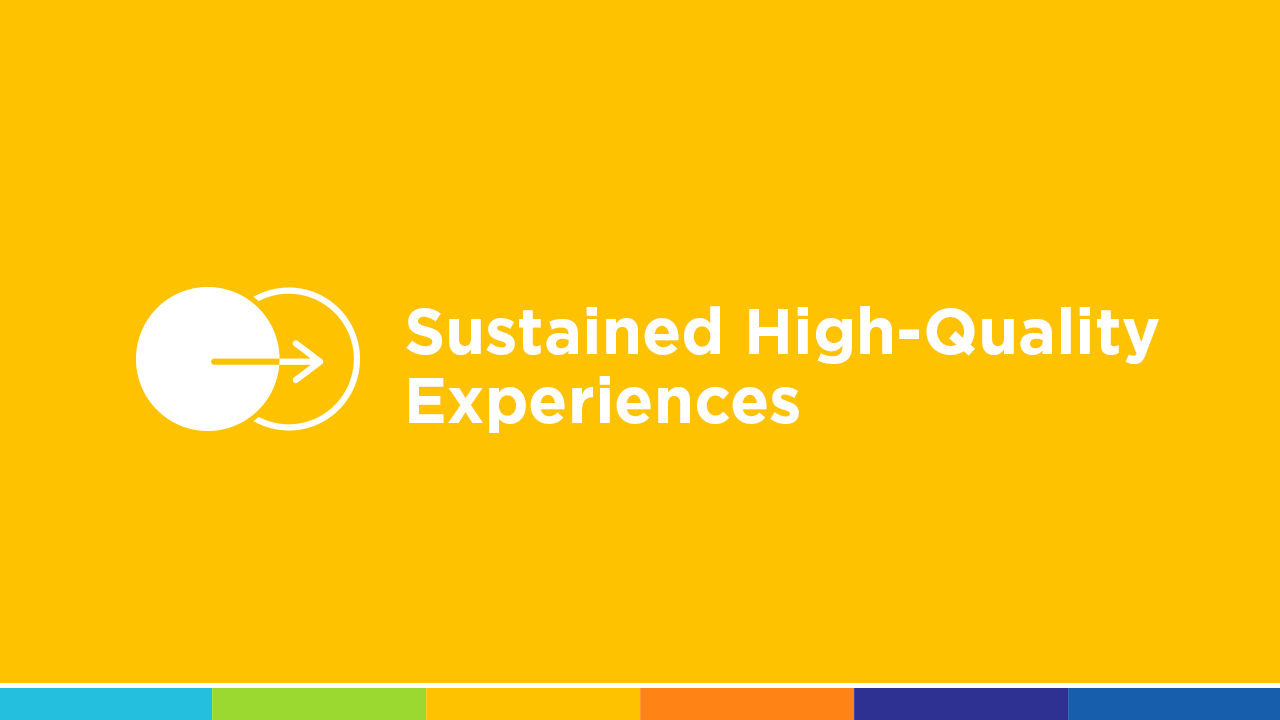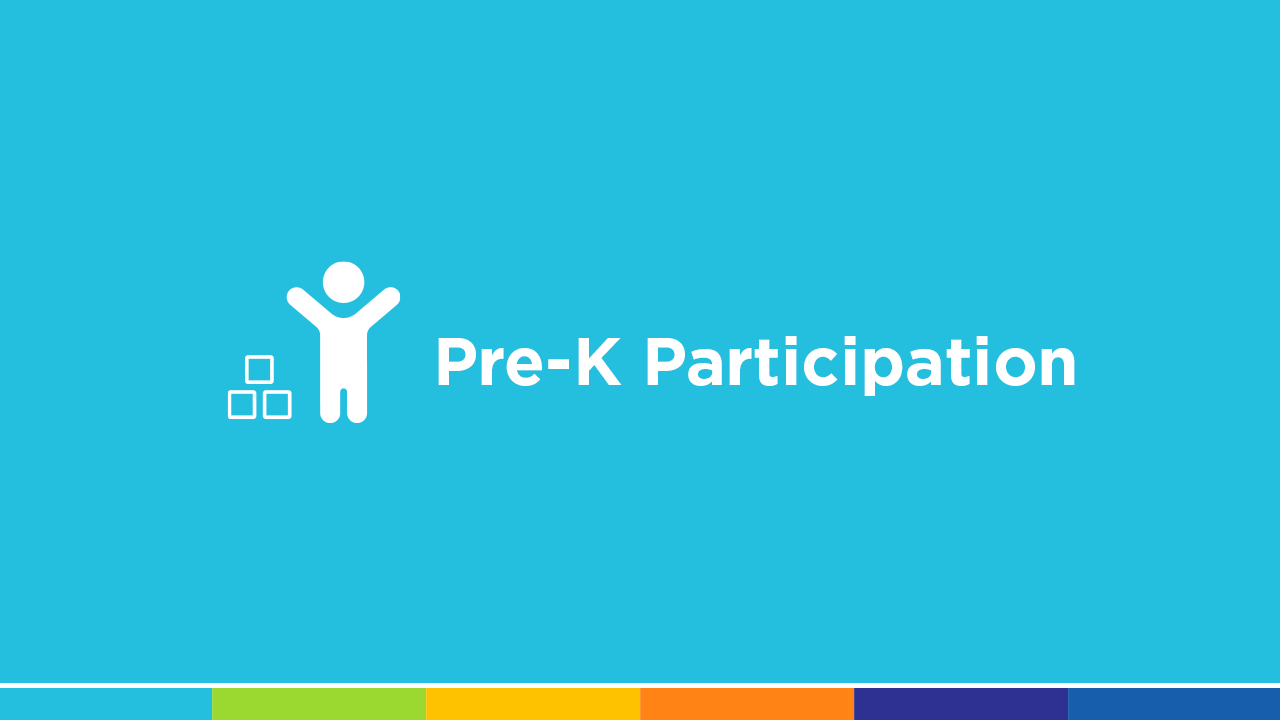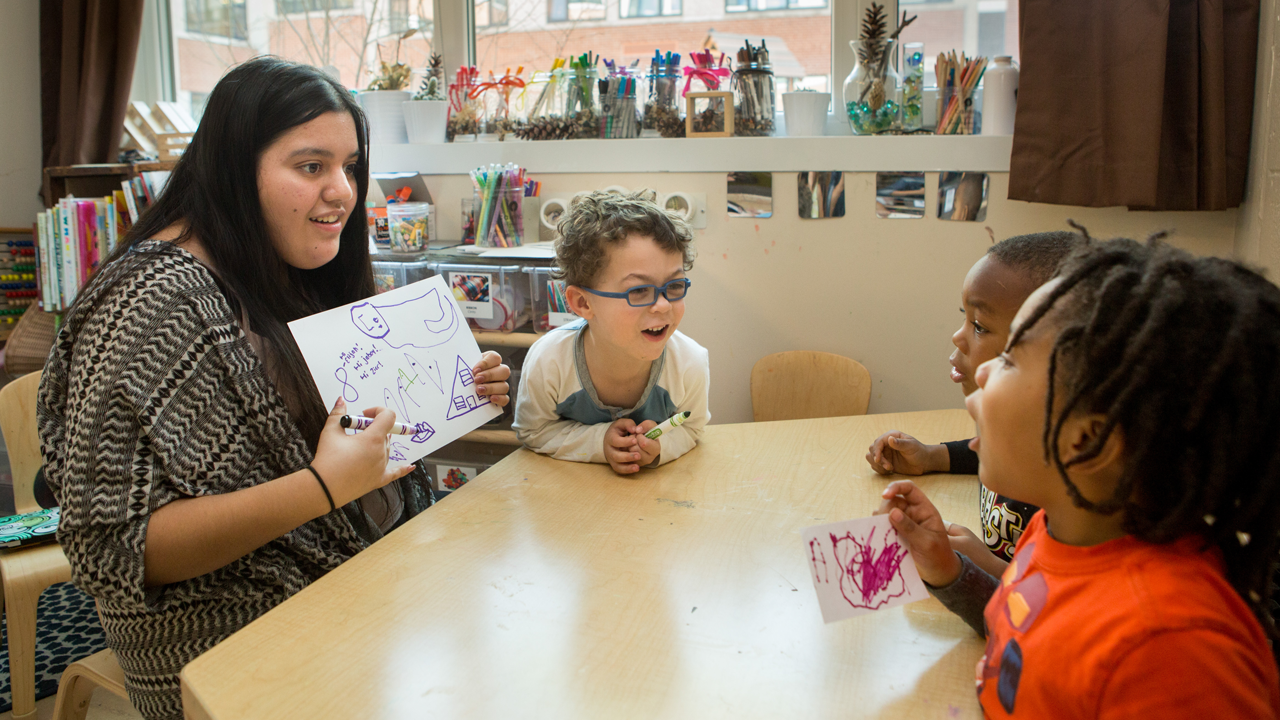16 May Home-school connection, cultural responsiveness bridge kindergarten racial/ethnic gaps
Strong connections between home and school, especially trust and partnership between parents and teachers, play a significant role in reducing kindergarten gaps for students from minoritized communities. Early intervention and culturally responsive practices are key to ensuring all children receive equitable learning opportunities. Research shows that...











